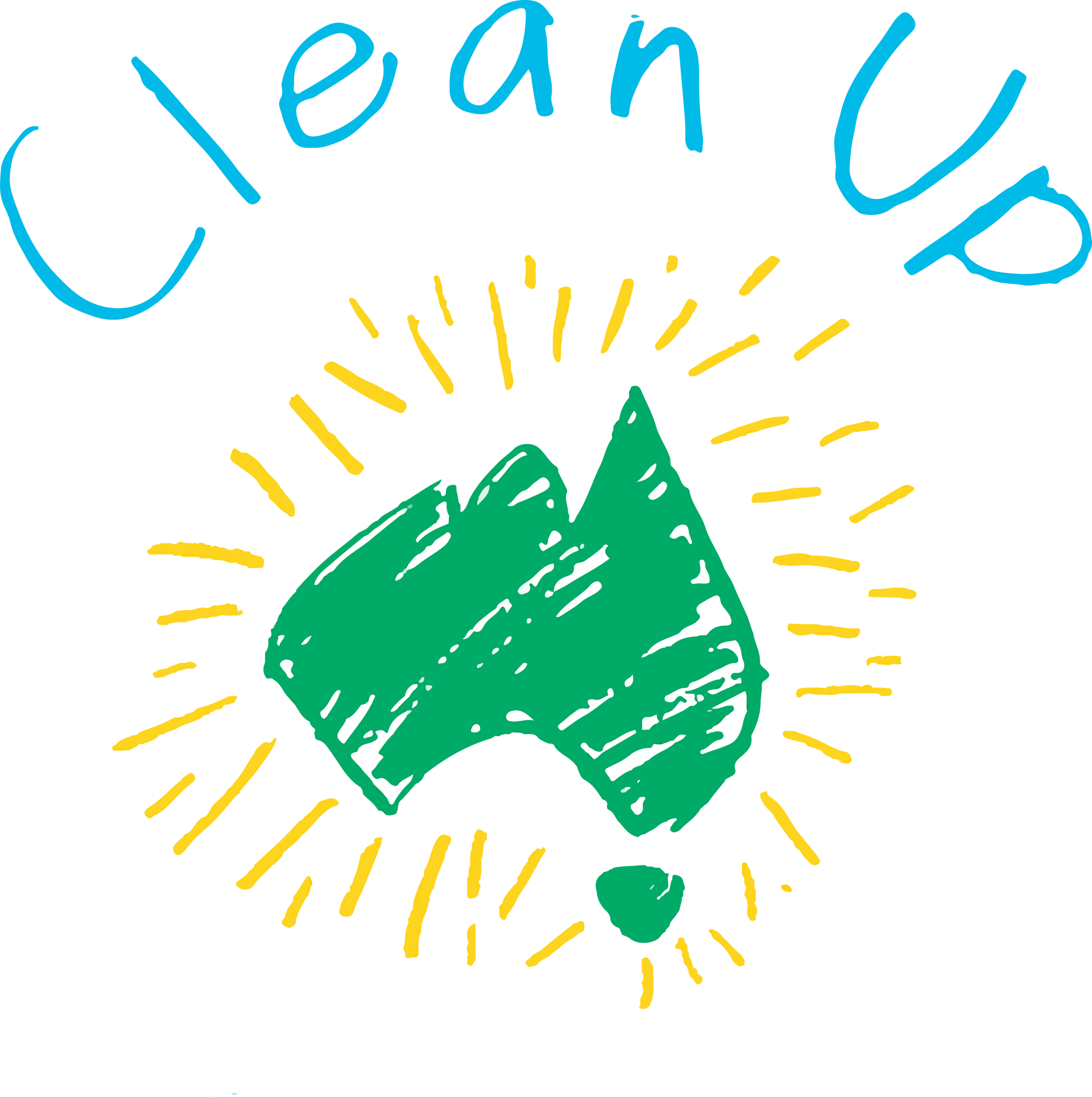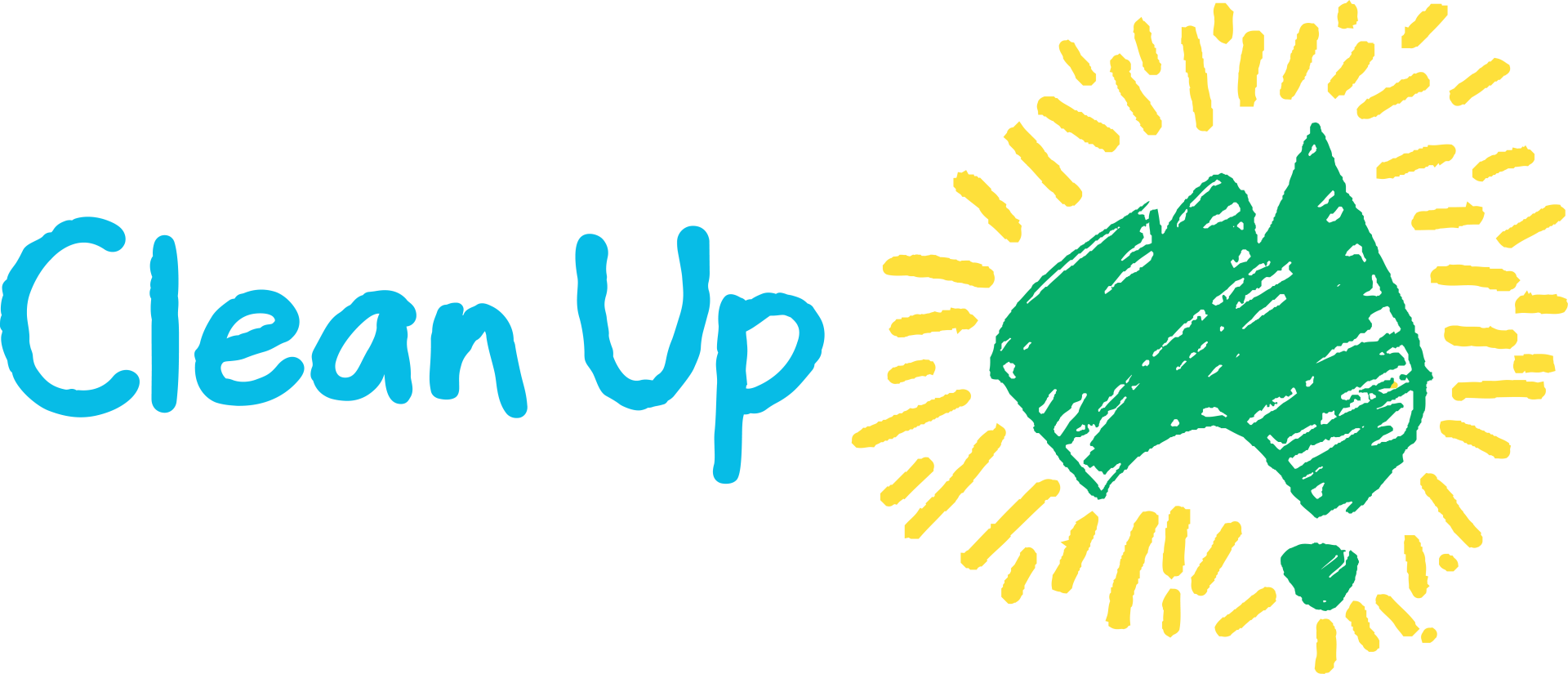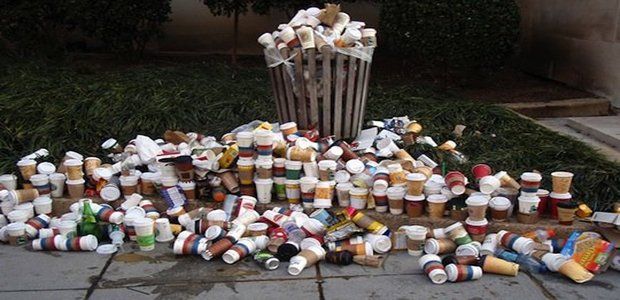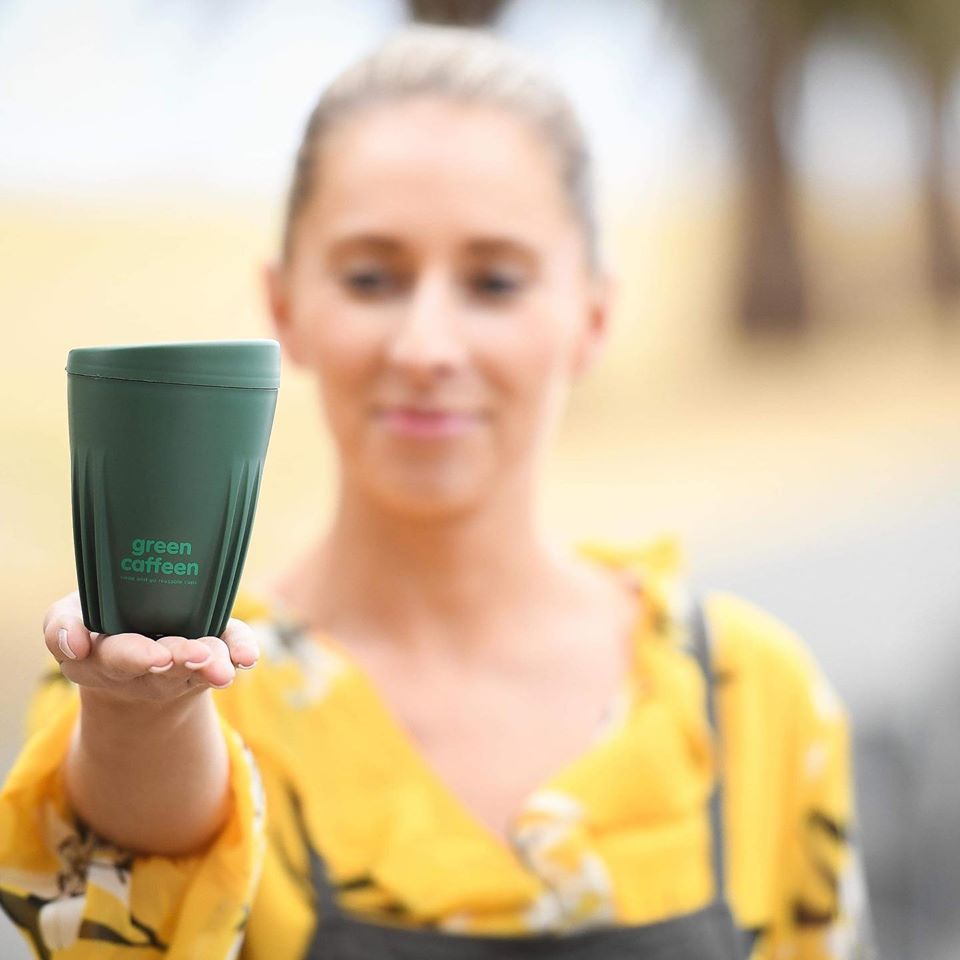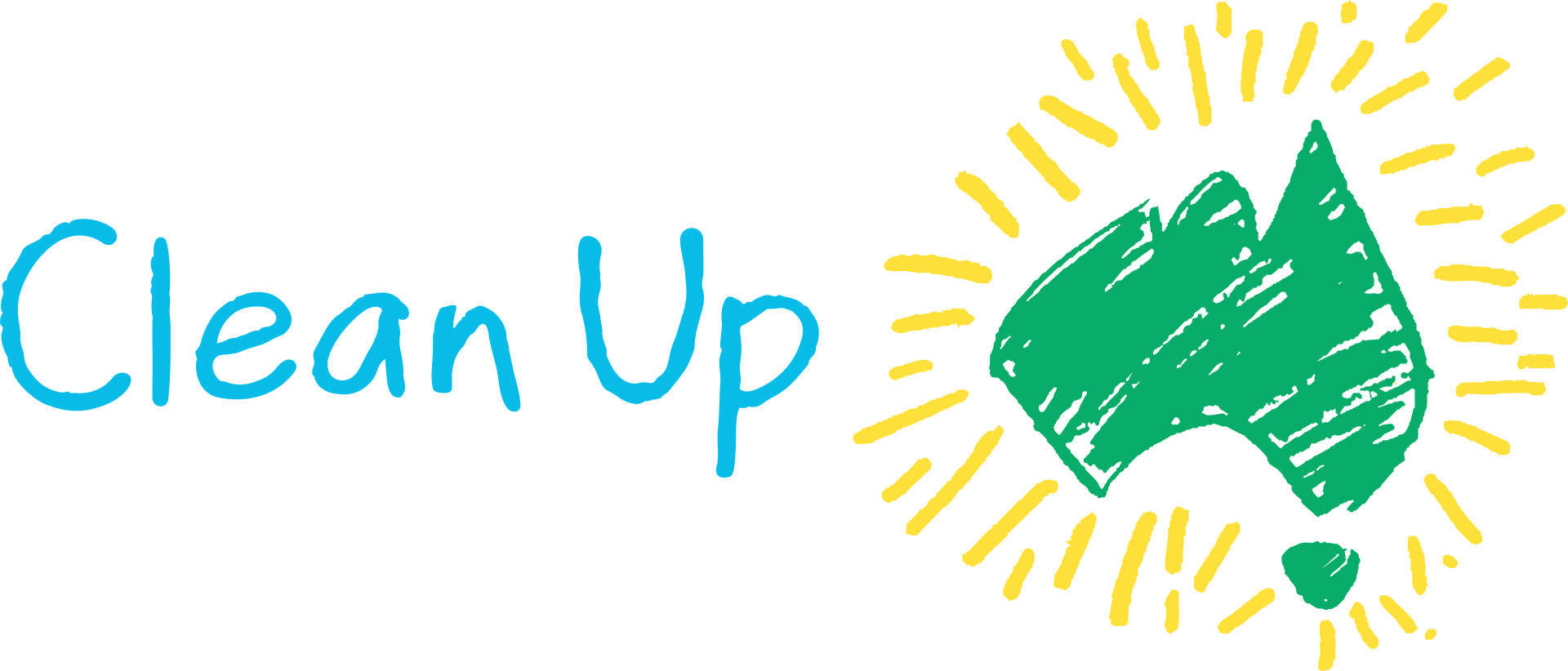How Green is your Caffeine?
Chatting to Damien Clarke, CEO of Green Caffeen about coffee and sustainability right now.
What’s the
deal with reusable coffee cups these days? With COVID-19 still dominating every
conversation, environmental concern seems to have taken a ‘back seat’ over our
caffeine consumption priorities. Damien Clarke, CEO and co-founder of Green
Caffeen, a simple cup swap system used by over 500 cafes around Australia is operating
against the grain of the disposable. The company has developed this model to
combat our laziness and resistance to BYO coffee cups (even with the virus on
our minds).
I interviewed Damien over Zoom to discuss all things sustainability, coffee and plans for the future of the company. His business partner, Martin Brooks was not able to join in on the meeting but was mentioned as doing the ‘backend grindy stuff’ so he was busy holding the fort, although Damien said: “We try not to put too many fluffy titles in there”.
Green Caffeen, if you’re not familiar is a simple reusable cup swap system. Simply sign up and purchase your drink at a participating cafe, consume your drink, then return the used cup when you’re finished. You can return your used cup to the same cafe or any other participating cafe. Then grab a fresh cup the next time you order.
Why do we need Green Caffeen when we can BYO? Because we’re rubbish at remembering our reusable cups! Most of us want to do the right thing, but remembering your reusable cup for every coffee is hard - you leave it at home or in your car, you forget to wash it...
With Green Caffeen, it couldn’t be easier to stop using throwaway cups and go green. The cups are always there at the counter when you need them. First thought, gross, why would you want to use someone else’s cup? But they go through a sanitisation process before the next customer gets their beverage of choice (more on this later). The whole thing operates through an app ‘removing all the barriers of entry’ for customers to use the system because who goes anywhere these days without their phone? It’s free, simple and easy. You get two cups, so if you forget the other one there is still a backup waiting for you.
Green Caffeen cups have been redeveloped in the last few months further streamlining their positive environmental impact. Damien excitedly found a cup mid-interview and showed me. They were a dark green colour with a smooth exterior and a screw top to keep it from spilling everywhere. Using PET plastic bottles from the Return and Earn recycling scheme set up around Australia, each Green Caffeen cup takes 3.5 bottles and turns them into a reusable coffee cup. Damien said that ‘it’s better than a circular system!’ as these cups are then internally recycled when they are damaged reducing internal carbon impact.
“You know the average coffee drinker has 500 takeaway cups a year so that then will mean 500 cups that it will save and that will get turned back into new cups again so it’s got a completely circular life and no waste at the end of it!”
Approximately one billion disposable cups are being thrown out and landing in waste every year in Australia.
Damien reflects that biodegradable or green disposable cups are more expensive for cafes and they are better off getting the cheapest one they can find. (This can range from a 10 to 40 cents increase in price per cup). The treatment of these cups even if they are marketed as ‘green’ needs to be in special industrial composting sites. This technology is usually “non-existent” in normal council areas as it is expensive. Contrary to popular belief, these ‘green cups’ don’t simply disappear when put into recycling but probably will end up in landfill releasing more methane than standard ones. Don’t be tricked by greenwashing just because something has a green leaf on it!
Coronavirus remains topical at the moment. One worry that customers are having is the sanitisation and hygiene processes of businesses. Especially ones that handle our food and drink. Damien assured me that cafes have been given specific training to reduce contact on cups and ensure stringent hygiene standards in those that use their system. Another play on words they give businesses a ‘Greencard’ of approval for training their employees.
“The cafés are concerned about the contaminated cups coming back into their workspace. It wasn’t so much the customer worried about leaving the café. So what we did is we just worked with the cafes and said hey we need to improve your collection points, improve your handling and processing of the cups, touch it once, not touch it five times in an hour… Make sure you’ve got gloves on, make sure it goes straight into the dishwasher.”
Adding to this, he states that there was no government guideline issued that prevented businesses from using reusable coffee cups, so long as it was clean to start with and correct hygiene regulations were enforced to prevent unnecessary contact between customers and staff members. Saying that “the government didn’t tell anybody that they can’t use reusables, it was just everyone jumped to conclusions. But we appreciated that it was a bit of an unprecedented time.” The main takeaway; continue to use sustainable practices!
Post-COVID, he predicts that many more cafes are looking to come on board with more than 500 signed up to commence operation when the time is right. The world has changed forever, he says but in terms of sustainability, its popularity and interest is increasing and we need to nurture it. Damien’s interest in the keep cup phenomenon was first inspired by his kids’ school project based on the ABC series, War on Waste. From this, the importance of waste management was highlighted to Damien and Martin and sparked their interest in creating positive change (1 billion coffee cups are thrown out each year in Australia alone). This initial change also influenced other aspects of life, ‘it’s the little things’ he says. Plastic supermarket bags, water bottles, composting, proper recycling at home, both ends add up; wastage and finding ways to avoid it.
A new and exciting project coming up for the company, once ‘Rona is all cleared up, is the addition of containers to their reusable scheme. It will replace takeaway containers used in cafes and is aimed to work the same way as the cup. The prototype is still in development as containers go through a bit more wear and tear but will be made out of a similar recycled material using PET plastic. This is a new step forward for the company and a peek into what the movement itself could bring to the table.
To sum up, Damien made some interesting comments about multiple issues society is concerned about. Coronavirus is no doubt an important and prevalent health issue and should be at the forefront of our minds in terms of keeping the vulnerable safe and staying up to date with the most recent government announcements and guidelines. However, what we do face underneath this, is a sudden improvement in the air quality of places like New York and the Himalayas where smog has cleared up for the first time in many years. Something that Damien said in the interview really resonated with this thinking, “the world’s definitely changed and sustainability has probably taken a backseat but there’s no reason for it not to be pushed forward from now.”
Isabelle Savage is a third year journalism student with an interest in fashion sustainability and creating environmental change through small everyday choices.
LEARN MORE ABOUT GREEN CAFFEEN
It is important to remember that reusable cups haven't been banned as a result of COVID-19, but currently many cafes are refusing to accept them, choosing to use disposable cups instead, in a bid to protect their employees from potential contact from the disease.
For other information about how you can minimise single use plastics in cafes, please check out Responsible Cafes
Search for other blog topics:
